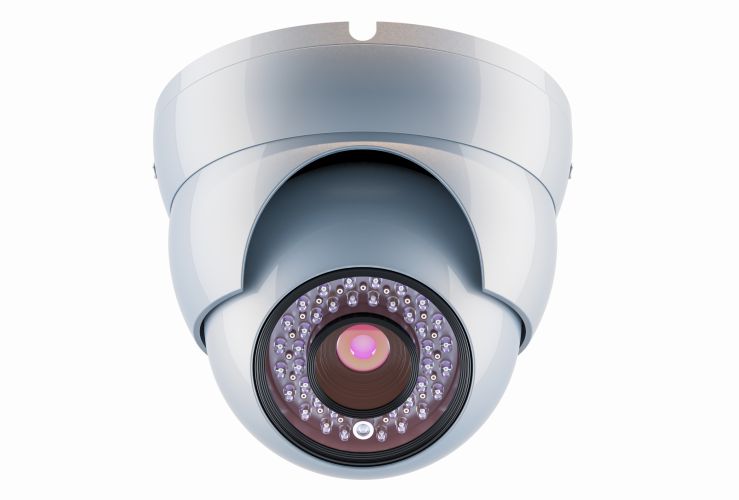
The idea of having a spycam in the cabin of one's car may be unpalatable to some, but Volvo believes many of its customers will embrace such technology this year.
Volvo’s in-car cameras will track "driver behaviour and biometrics," according to CAR magazine. Volvo bosses say the cameras will simply monitor health metrics the way some mobile phone apps and wearable tech systems can.
Only an option
For those among us who love Volvos but don't like spycams, it may come as some relief to learn that the cameras are optional.
“Driver-facing cameras will become an option in our cars in 2019,” Atif Rafiq, Volvo’s chief digital officer, said. “They’re very advanced these days: they can determine a driver’s glucose levels by looking at their pupils, so could call a loved one or hospital if it detected a health problem. Cars will understand your state and de-stress you on your way back from work.”
The Swedish-Chinese firm has always been big on safety, and claim the new camera systems further bolster this aspect of their vehicles. Back in 2014 the company placed cameras in Shanghai cars in order to monitor how people reacted to the stresses of inner-city driving.
The new monitoring systems are partly borne of tests carried out with cameras during the XC90 Drive Me autonomous car test project, which saw cars switch from regular to autonomous driving systems, based on closely-monitored driver behaviour.
Privacy concerns
Volvo thinks people will learn to see the positives of its on-board cameras. They say captures will be anonymised and not shared.
Speaking to CAR magazine, Rafiq said: "Cameras can be used for video conferencing and ID purposes too. Your car will recognise you and set your Google apps, climate control and seating position for you. It’s very clever."
Time will tell if consumers embrace the technological opportunities of such systems, in exchange for some potential risks to their personal privacy.




